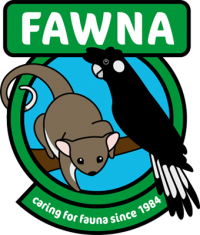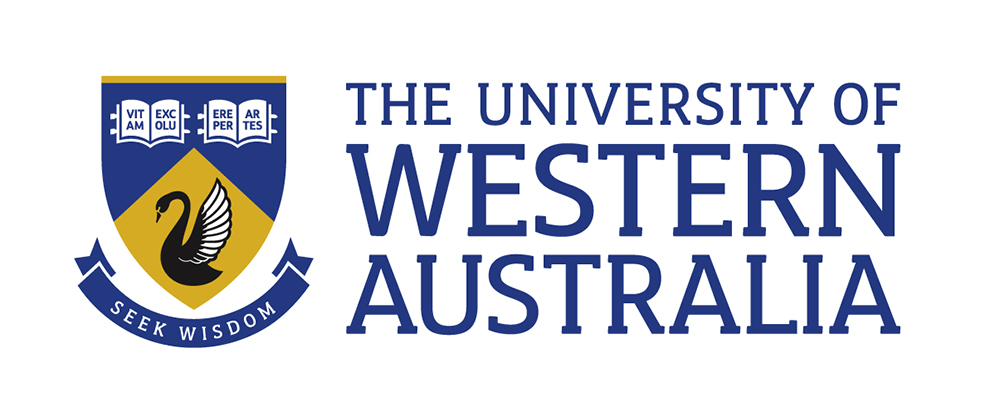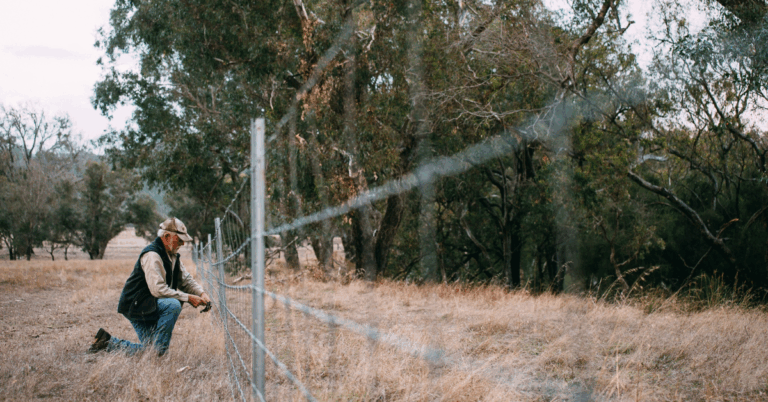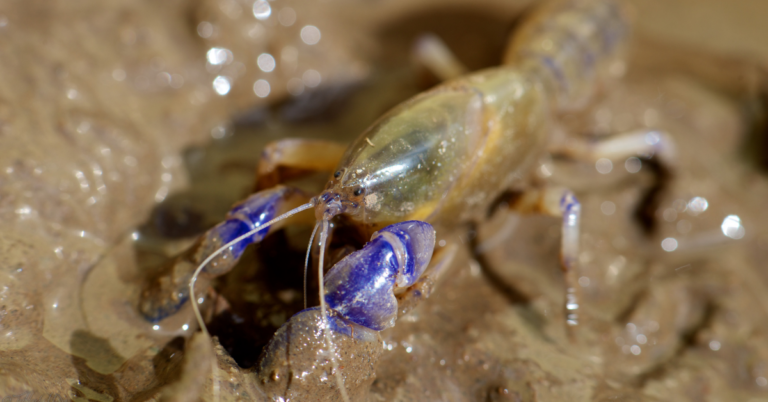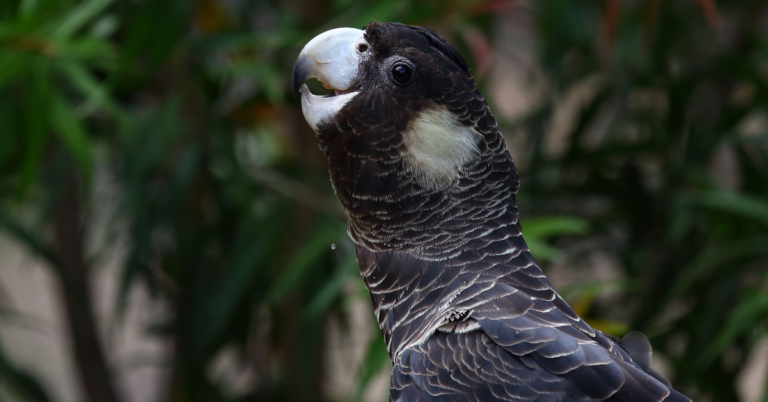Key outcomes
- Tracked 146 rehabilitated western ringtail possums following their release from FAWNA’s Possum Finishing School
- Increased post-release possum survival rates from 6% to 77%, through fox control and innovative fox awareness training
Each year more than 200 western ringtail possums come in to the care of wildlife rehabilitators across the species’ range. These animals range from small dependent pouch young through to adult animals that require care following vehicle collisions, dog and cat attacks and exposure to extreme weather events.
South West NRM is working with local wildlife rehabilitation charity, FAWNA, the University of Western Australia and the Department of Biodiversity, Conservation and Attractions to research the factors that affect the survival of hand-raised pouch young after they are released into the wild.
To support this project Western Australia’s first pre-release facility for western ringtail possums, the Possum Finishing School, was established by FAWNA to allow these possums to be held under standardised conditions in the months leading up to their release.
UWA PhD candidate, Sara Corsetti, is tracking the possums after release to determine movement patterns, survival rates and causes of death to better understand how varying treatment before and at the time of release affects survival.
The results of this study will help to improve the survival of hand-raised western ringtail possums, to ensure that the hundreds of hours of work that go into raising these animals achieve the best outcomes for the conservation of the species.
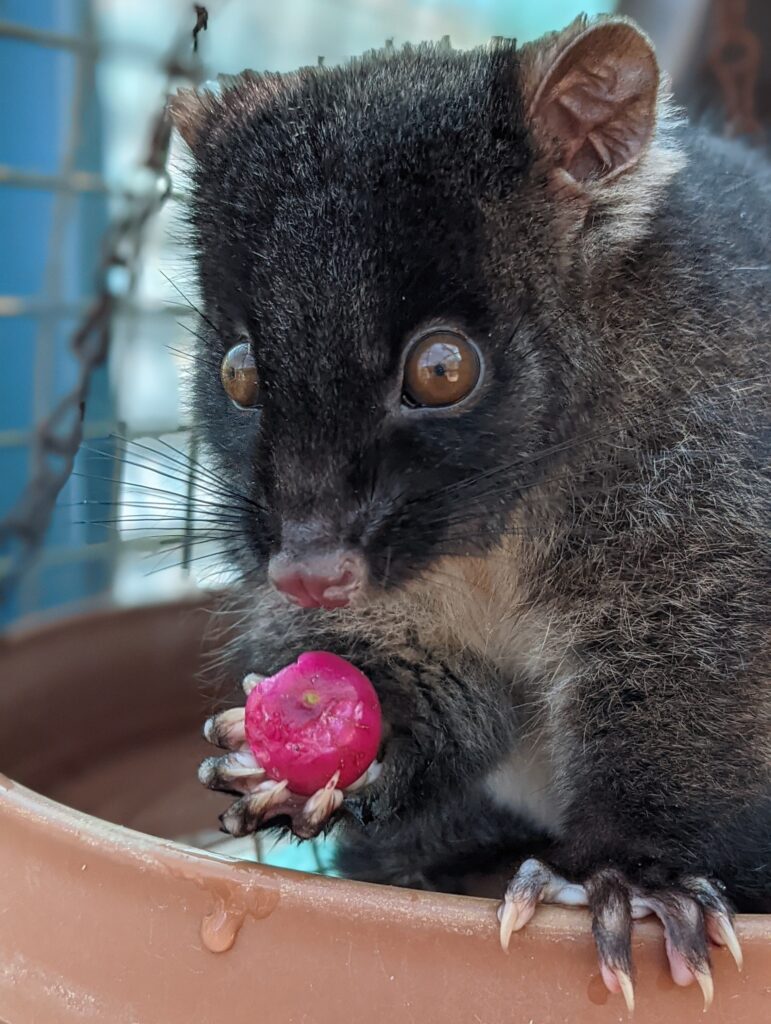
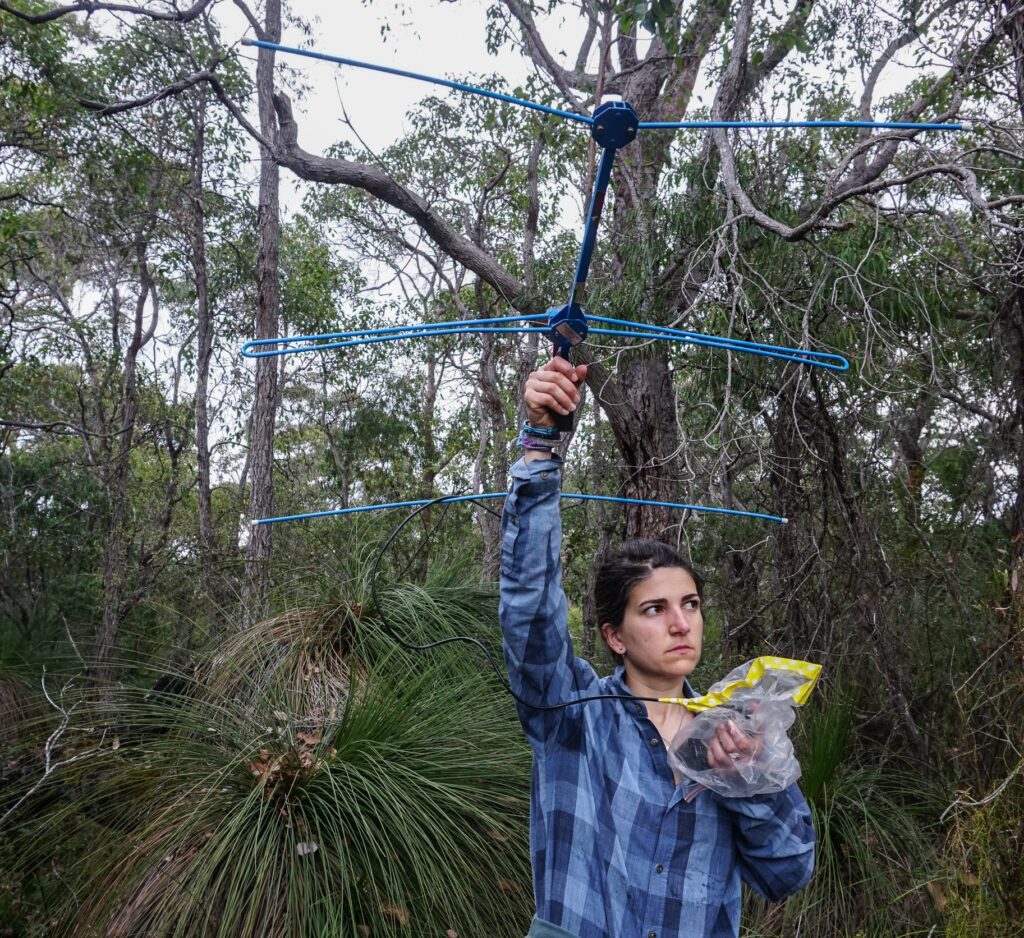
Results
The main issue affecting the survival of the possums after release was predation by foxes. Overall, 34% of the 146 possums tracked through this program were killed by foxes.
The first possum release saw a survival rate of only 5.6%. Professional fox control was implemented for future releases, which improved survival rates to 60%.
Although this was an important finding for the conservation of the species, fox control on a regional scale requires a large investment of time and money. Alternative options were required to assist wildlife carers to increase survival chances.
For the last release of 29 possums, the project team applied an innovative ‘fox awareness training’ program.
Fifteen of the 29 possums attended three training sessions, during which they were placed in a pen with a stuffed fox covered by a box. A container containing fox urine was also placed at the base of the fox to reproduce the typical smell of foxes.
The box was lifted remotely to reveal the fox, while a loud sound was played. In the last session, the stuffed fox was positioned on a trolley that was pulled to approach the animal.
Following release, 13 of the 29 (60%) possums survived. Of the survivors, 10 (77%) had received the training.
These results are very encouraging and suggest that fox awareness training could be deployed as a quick and cost-effective strategy to improve survival rates. Further investigation is needed to discover exactly how possums learn and how much we can teach them to improve their chances of survival.

